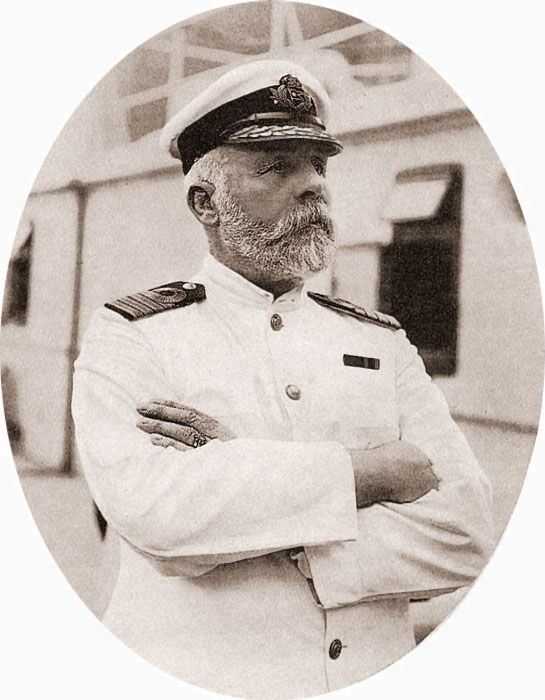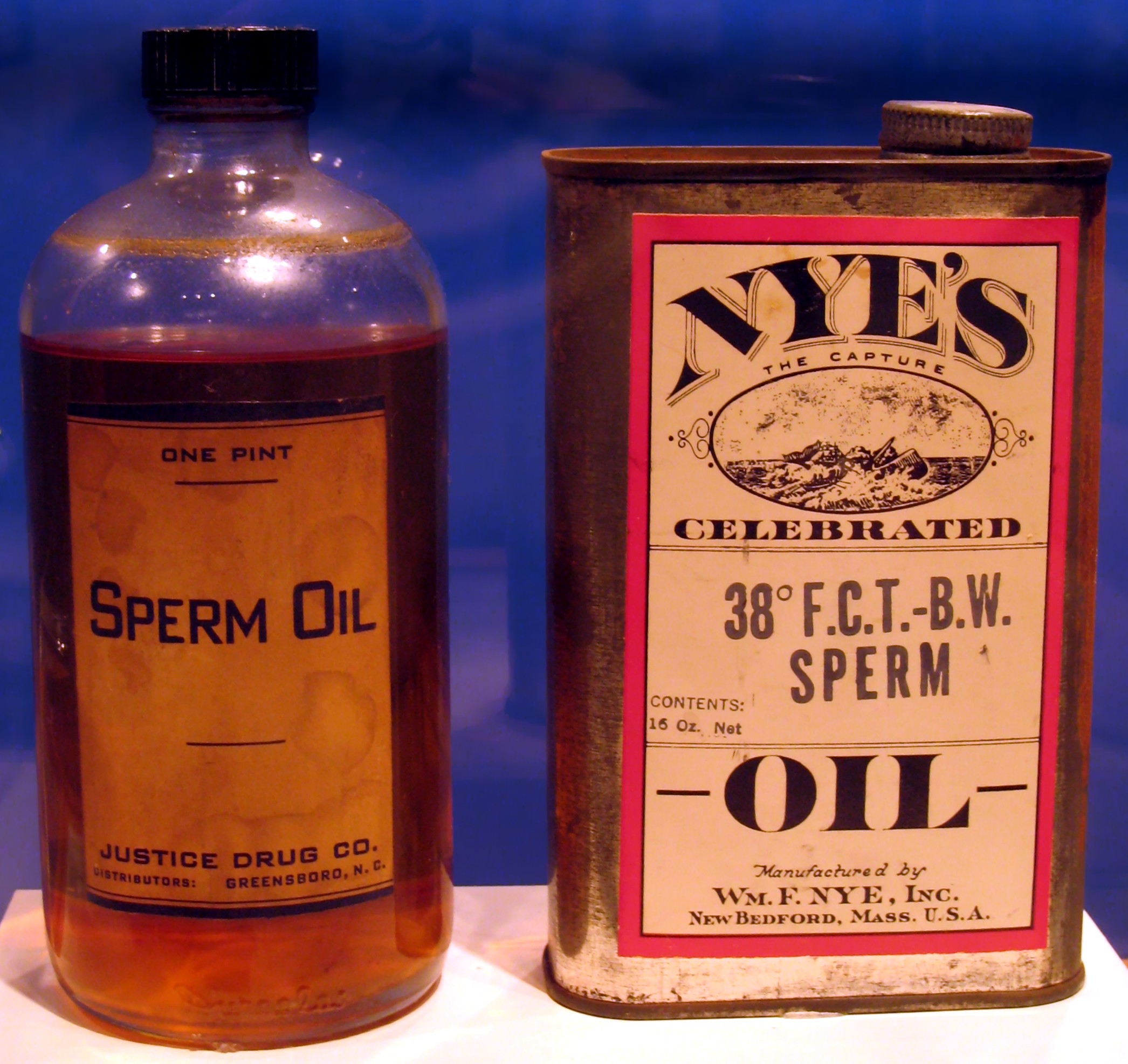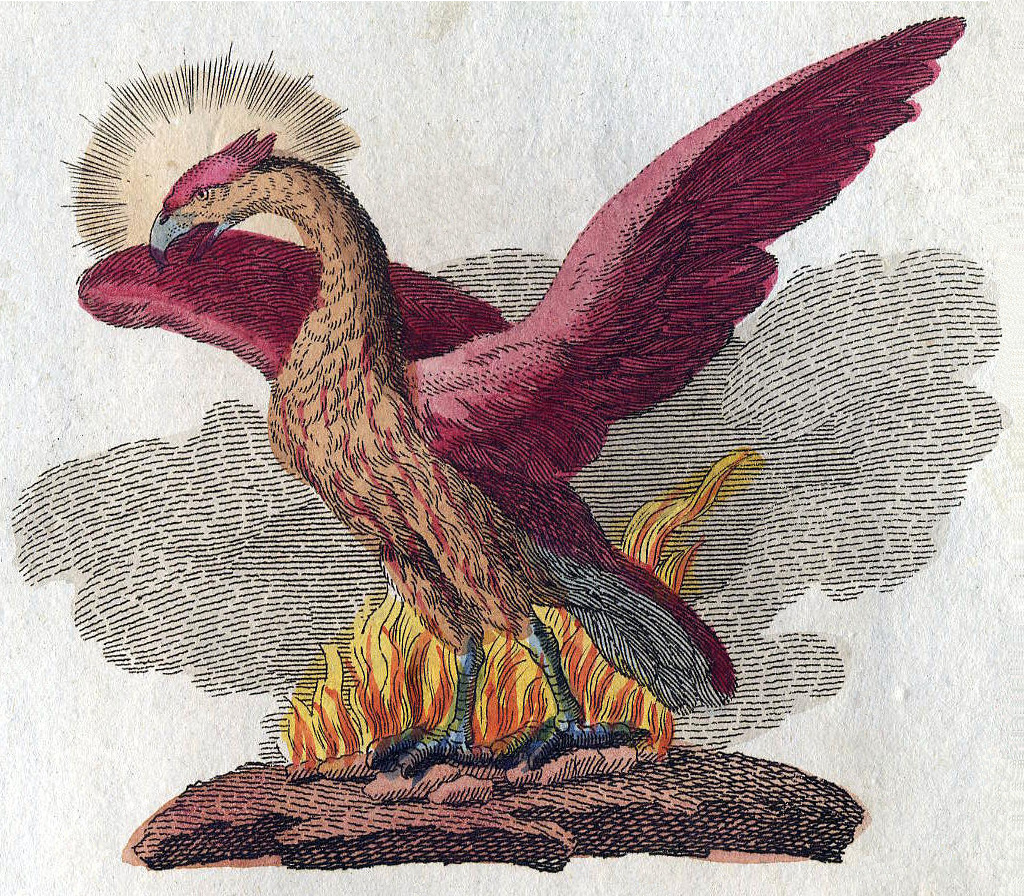|
Phoenix (of London)
''Phoenix'' was a vessel launched in France in 1809. After the frigate captured her she was sold and her new owners employed her as whaler. She visited the Galapagos islands in July 1823. In 1824, while under the command of John Palmer, she discovered Phoenix Island, later known as Rawaki Island (also Kanton Island). She is last listed in 1829. French privateer ''Phénix'' was built in Bordeaux in 1809. In 1810 she was under the command of Jacques François Perroud, a notable French captain with a long history of privateering. Under Perroud's command, ''Phénix'' made a number of captures. On 25 January 1810 the privateer ''Phoenix'', of 20 guns and 110 men, belonging to Bordeaux, captured ''Donna Maria'', Lunes, master, which had been sailing from Boston to Lisbon. However, on 9 February recaptured ''Donna Maria'' on 9 February; she arrived at Plymouth on 24 February. On 13 March, the English ship ''Chatham'', which had sailed from Georgia with a cargo of rice and cotton, ar ... [...More Info...] [...Related Items...] OR: [Wikipedia] [Google] [Baidu] |
Civil And Naval Ensign Of France
Civil may refer to: *Civility, orderly behavior and politeness *Civic virtue, the cultivation of habits important for the success of a society *Civil (journalism), a platform for independent journalism *Civil (surname) See also * {{Disambiguation ... [...More Info...] [...Related Items...] OR: [Wikipedia] [Google] [Baidu] |
Master (maritime Usage)
A sea captain, ship's captain, captain, master, or shipmaster, is a high-grade licensed mariner who holds ultimate command and responsibility of a merchant vessel. The captain is responsible for the safe and efficient operation of the ship, including its seaworthiness, safety and security, cargo operations, navigation, crew management, and legal compliance, and for the persons and cargo on board. Duties and functions The captain ensures that the ship complies with local and international laws and complies also with company and flag state policies. The captain is ultimately responsible, under the law, for aspects of operation such as the safe navigation of the ship, its cleanliness and seaworthiness, safe handling of all cargo, management of all personnel, inventory of ship's cash and stores, and maintaining the ship's certificates and documentation. One of a shipmaster's particularly important duties is to ensure compliance with the vessel's security plan, as required by the ... [...More Info...] [...Related Items...] OR: [Wikipedia] [Google] [Baidu] |
Privateer Ships Of France
A privateer is a private person or vessel which engages in commerce raiding under a commission of war. Since Piracy, robbery under arms was a common aspect of seaborne trade, until the early 19th century all merchant ships carried arms. A sovereign or delegated authority issued commissions, also referred to as Letter of marque, letters of marque, during wartime. The commission empowered the holder to carry on all forms of hostility permissible at sea by the usages of war. This included attacking foreign vessels and taking them as prizes and taking crews prisoner for exchange. Captured ships were subject to condemnation and sale under prize (law), prize law, with the proceeds divided by percentage between the privateer's sponsors, shipowners, captains and crew. A percentage share usually went to the issuer of the commission (i.e. the sovereign). Most colonial powers, as well as other countries, engaged in privateering. Privateering allowed sovereigns to multiply their naval force ... [...More Info...] [...Related Items...] OR: [Wikipedia] [Google] [Baidu] |
Captured Ships
Captured may refer to: Music * ''Captured'' (Caroline's Spine album), 2007 * ''Captured'' (Christian Bautista album) or the title song, 2008 * ''Captured'' (Journey album), 1981 * ''Captured'' (Rockwell album) or the title song, 1985 * ''Captured'' (mixtape) or the title song, by Spice, 2018 * ''Captured'', an album by the Albion Band, 1995 * ''Captured'', an album by Flame, 2010 * "Captured", a song by Heaven 17, 2017 Other uses * ''Captured! ''Captured!'' (aka ''Fellow Prisoners'') is a 1933 American pre-Code film about World War I prisoners of war in a German camp. The film was directed by Roy Del Ruth and stars Leslie Howard and Douglas Fairbanks Jr. ''Captured!'' was based on t ...'', a 1933 American war film * ''Captured'' (1998 film), an American action thriller film * ''Captured'' (TV series), syndication title for ''Gangbusters'', a 1952 American anthology crime series * ''Captured'' (video game), or ''The SuperCan'', a 1986 platform game for the Commodore 6 ... [...More Info...] [...Related Items...] OR: [Wikipedia] [Google] [Baidu] |
Whaling Ships
A whaler or whaling ship is a specialized vessel, designed or adapted for whaling: the catching or processing of whales. Terminology The term ''whaler'' is mostly historic. A handful of nations continue with industrial whaling, and one, Japan, still dedicates a single factory ship for the industry. The vessels used by aboriginal whaling communities are much smaller and are used for various purposes over the course of the year. The ''whale catcher'' was developed during the Steam-powered vesselage , and then driven by diesel engines throughout much of the twentieth century. It was designed with a harpoon gun mounted at its bow and was fast enough to chase and catch rorquals such as the fin whale. At first, whale catchers either brought the whales they killed to a whaling station, a settlement ashore where the carcasses could be processed, or to its factory ship anchored in a sheltered bay or inlet. With the later development of the slipway at the ship's stern, whale ca ... [...More Info...] [...Related Items...] OR: [Wikipedia] [Google] [Baidu] |
1809 Ships
Eighteen or 18 may refer to: * 18 (number) * One of the years 18 BC, AD 18, 1918, 2018 Film, television and entertainment * ''18'' (film), a 1993 Taiwanese experimental film based on the short story ''God's Dice'' * ''Eighteen'' (film), a 2005 Canadian dramatic feature film * 18 (British Board of Film Classification), a film rating in the United Kingdom, also used in Ireland by the Irish Film Classification Office * 18 (''Dragon Ball''), a character in the ''Dragon Ball'' franchise * "Eighteen", a 2006 episode of the animated television series ''12 oz. Mouse'' Science * Argon, a noble gas in the periodic table * 18 Melpomene, an asteroid in the asteroid belt Music Albums * ''18'' (Moby album), 2002 * ''18'' (Nana Kitade album), 2005 * '' 18...'', 2009 debut album by G.E.M. * ''18'' (Jeff Beck and Johnny Depp album), 2022 Songs * "18" (5 Seconds of Summer song), from their 2014 eponymous debut album * "18" (One Direction song), from their 2014 studio album ''Four'' * ... [...More Info...] [...Related Items...] OR: [Wikipedia] [Google] [Baidu] |
Captain Robert Clark Morgan (1798-1864)
Robert Clark Morgan (13 March 1798 – 23 September 1864) was an English sea captain, whaler, diarist, and, in later life, a missionary. He captained the ''Duke of York'', bringing the first settlers to South Australia in 1836. His life in the British whaling industry has been recorded in the book ''The Man Who Hunted Whales'' (2011) by Dorothy M. Heinrich. His diaries are held in the State Library of New South Wales. Birth Morgan was born on 13 March 1798 at Deptford, Kent, in England. This is recorded in his diary. His parentage is not known. No conclusive record of his birth has been found. In his diary he does not mention his parentage apart from a few cryptic remarks. On Sunday 5 February 1837 he states, "I could not say that I had a praying Father or a praying mother or a Brother or Sister for I lost them young and knew little of them. I was cast on the world at the age of 11 years to walk the journey of life". Religious awakening About ten days before sailing on his fi ... [...More Info...] [...Related Items...] OR: [Wikipedia] [Google] [Baidu] |
Bay Of Islands
The Bay of Islands is an area on the east coast of the Far North District of the North Island of New Zealand. It is one of the most popular fishing, sailing and tourist destinations in the country, and has been renowned internationally for its big-game fishing since American author Zane Grey publicised it in the 1930s. It is north-west of the city of Whangārei. Cape Reinga, at the northern tip of the country, is about by road further to the north-west. Etymology The bay is known in Māori language, Māori as Tokerau, a name given by early Māori ancestors referencing a place in the Hawaiki, Māori homeland. The wider Bay of Islands area, including the plain surrounding Waimate North, is traditionally known as Taiamai, a name shortened from the Ngāpuhi (proverb) ("the Vitex lucens, pūriri trees are laughing with joy"), a phrase used to express delight in the world, or to welcome an honoured guest. The bay's English name was given on 27 November 1769 by Captain James ... [...More Info...] [...Related Items...] OR: [Wikipedia] [Google] [Baidu] |
Sperm Oil
Sperm oil (see also: Spermaceti) is a waxy liquid obtained from sperm whales. It is a clear, yellowish liquid with a very faint odor. Sperm oil has a different composition from common whale oil, obtained from rendered blubber. Although it is traditionally called an "oil", it is technically a liquid wax. It is composed of wax esters with a small proportion of triglycerides, an ester of an unsaturated fatty acid, and a branched-chain fatty alcohol. It is a natural antioxidant and heat transfer agent. In the late-18th and early-19th centuries, sperm oil was prized as an illuminant for its bright, odorless flame and as a lubricant for its low viscosity and stability. It was supplanted in the late 19th century by less expensive alternatives such as kerosene and petroleum-based lubricants. With the 1987 international ban on whaling, sperm oil is no longer legally sold. The oil from bottlenose whales was sometimes called "Arctic sperm oil." It was cheaper than but inferior to true ... [...More Info...] [...Related Items...] OR: [Wikipedia] [Google] [Baidu] |
Letter Of Marque
A letter of marque and reprisal () was a Sovereign state, government license in the Age of Sail that authorized a private person, known as a privateer or French corsairs, corsair, to attack and capture vessels of a foreign state at war with the issuer, licensing international military operations against a specified enemy as reprisal for a previous attack or injury. Captured Prize money, naval prizes were judged before the government's admiralty court for condemnation and transfer of ownership to the privateer. A common practice among Europeans from the late Middle Ages to the 19th century, cruising for enemy prizes with a letter of marque was considered an honorable calling that combined patriotism and profit. Such legally authorized privateering contrasted with unlicensed captures of random ships, known as piracy, which was universally condemned. In practice, the differences between privateers and pirates were sometimes slight, even merely a matter of interpretation. The te ... [...More Info...] [...Related Items...] OR: [Wikipedia] [Google] [Baidu] |
Paimbœuf
Paimbœuf (; ) is a commune in the Loire-Atlantique department in western France, lying on the south bank of the river Loire upriver from Saint-Nazaire but considerably downriver from Nantes. In the Napoleonic era it was the site of considerable naval shipbuilding. The United States Navy established a naval air station there on 1 March 1918 to operate dirigibles during World War I. The base closed shortly after the First Armistice at Compiègne. Population See also *Communes of the Loire-Atlantique department The following is a list of the 207 communes of the Loire-Atlantique department of France. The communes cooperate in the following intercommunalities (as of 2025): References Communes of Loire-Atlantique {{LoireAtlantique-geo-stub ...[...More Info...] [...Related Items...] OR: [Wikipedia] [Google] [Baidu] |
Phoenix (mythology)
The phoenix is a Legendary creature, legendary immortal bird that cyclically regenerates or is otherwise born again. Originating in Greek mythology, it has analogs in many cultures, such as Egyptian mythology, Egyptian and Persian mythology. Associated with the sun, a phoenix obtains new life by rising from the ashes of its predecessor. Some legends say it dies in a show of flames and combustion, while others say that it simply dies and decomposes before being born again. In the ''Motif-Index of Folk-Literature'', a tool used by folklore studies, folklorists, the phoenix is classified as motif B32.Thompson. (2001: 581). The origin of the phoenix has been attributed to Ancient Egypt by Herodotus and later 19th-century scholars, but other scholars think the Egyptian texts may have been influenced by classical folklore. Over time, the phoenix motif spread and gained a variety of new associations; Herodotus, Lucan, Pliny the Elder, Pope Clement I, Lactantius, Ovid, and Isidore of Sev ... [...More Info...] [...Related Items...] OR: [Wikipedia] [Google] [Baidu] |





